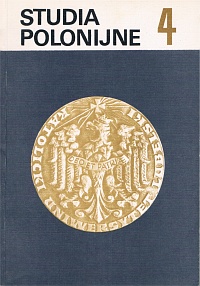The attitude of the Catholic Church in the United States towards the problems of migration ministry
Main Article Content
Abstract
The Church has always been intensely interested — and especially recently — in migrants, and it has established various protection institutions with international, national and diocesan reach. In the United States the basic unit of the migration ministry organization is the personal parish, called national parish.
Since the end of 19th century antagonistic attitudes have clashed over these parishes. Some of them stressed the necessity to emphasize their narrowly religious and ecclesiastical character, and others pointed to the need to take into consideration and stress the ethnic and national elements. In the American episcopate the tendency to unify the Church life and to assimilate the migrants prevailed, which practically was equal to a discrimination of non-anglosaxon ethnic groups.
The theory of assimilation, contradictory to the official doctrine of the Church, practically survived in the American Church, at least to a certain degree, even in the post-Council period. However, in recent years more and more phenomena can be seen, which suggest a change in the attitude of the American episcopate in this matter. Besides the principle of the Christian uniwersalism, the need to respect the principle of cultural pluralism in the Church is stressed there.
This latter rule demands, that in organizing ministration in separate local churches, ethnic and cultural differences between migrants be duly taken into consideration by establishing special parishes or ministration missions for them.

